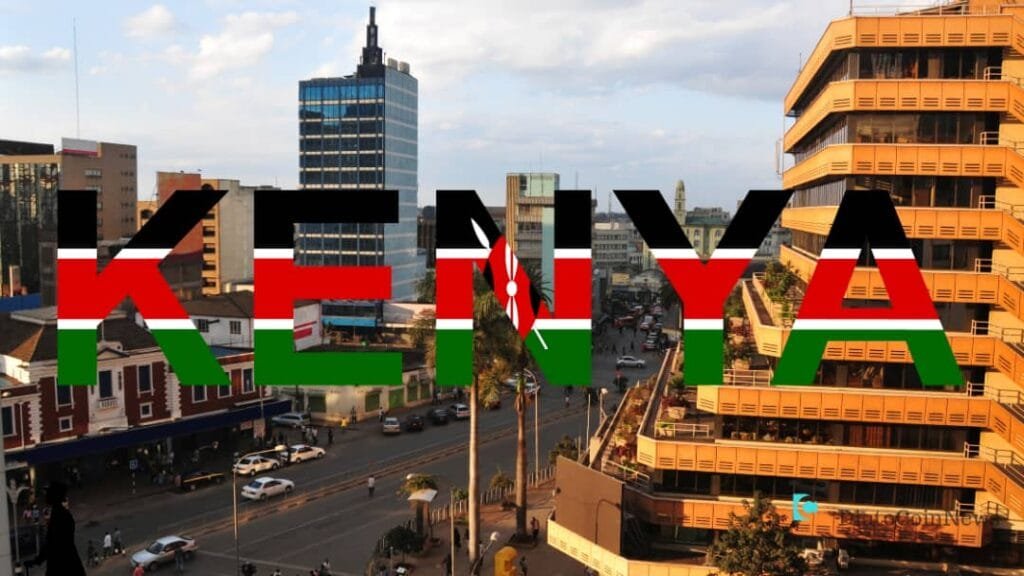The Kenya Revenue Authority (KRA) is planning to introduce a tax system that will monitor cryptocurrency transactions in real time.
This initiative is part of the KRA’s strategy to improve its tax collection methods and increase revenue, focusing on the growing crypto industry in Kenya.
The KRA aims to expand its tax revenue base by targeting crypto users in Kenya. Given the large number of crypto users in the country, the KRA sees this as an opportunity to generate significant revenue.
Crypto User Base in Kenya
Kenya has over 4M people involved in crypto, which is one of the highest user bases in Africa. This large user base represents a promising opportunity for the KRA to collect additional tax revenue.
In terms of transaction volume, crypto transactions in Kenya amounted to about $18.6 billion (KES 2.4 trillion) in 2022. This volume could potentially be greater than what some banks in Kenya handle, showcasing the high level of activity within the country’s crypto market.
Read Also: Central Bank of Kenya Lowers Interest Rate to 12%
Goals of the KRA—Kenyan Revenue Authority
Now, the KRA plans to integrate its system with crypto exchanges and marketplaces to track transactions in real time.
It shall capture transaction details, including transaction date, time, type, and value,” KRA said in a document revealing their tax collection strategies for the financial year 2024/25.
Regardless of this, the crypto industry in Kenya is still largely unregulated. Despite the sector’s popularity, Kenyan regulatory bodies like the Capital Markets Authority (CMA) and the Central Bank of Kenya (CBK) have not yet implemented extensive regulatory frameworks for crypto.
Reasons for Crypto Taxation
The youth in Kenya are drawn to cryptocurrency because of its potential for high returns due to the volatile nature of crypto assets. Despite regulatory warnings about the risks involved, crypto usage continues to grow, and the most used of these platforms are Binance and coinbase.
A Chainalysis report even indicates that many Kenyans purchase crypto for savings protection. Additionally, crypto is also used for transactions, such as buying goods, selling, and sending international remittances by Kenyans.
Now, given the potential tax revenue from the crypto industry, the KRA sees it as essential to establish a system for tracking and collecting taxes from cryptocurrency transactions.
What You Should Know
The legal status of cryptocurrencies in Kenya is not entirely clear, which could pose challenges for the KRA in enforcing tax regulations within this sector. Kenya is among the top five countries in Africa in terms of crypto adoption.
Discover more from DiutoCoinNews
Subscribe to get the latest posts sent to your email.










